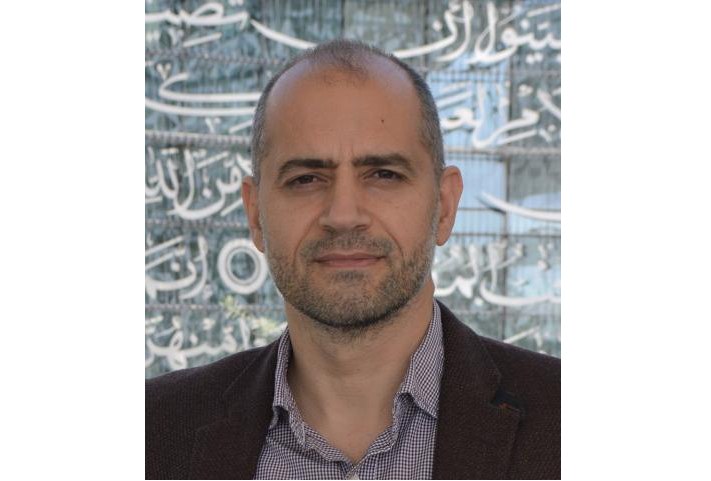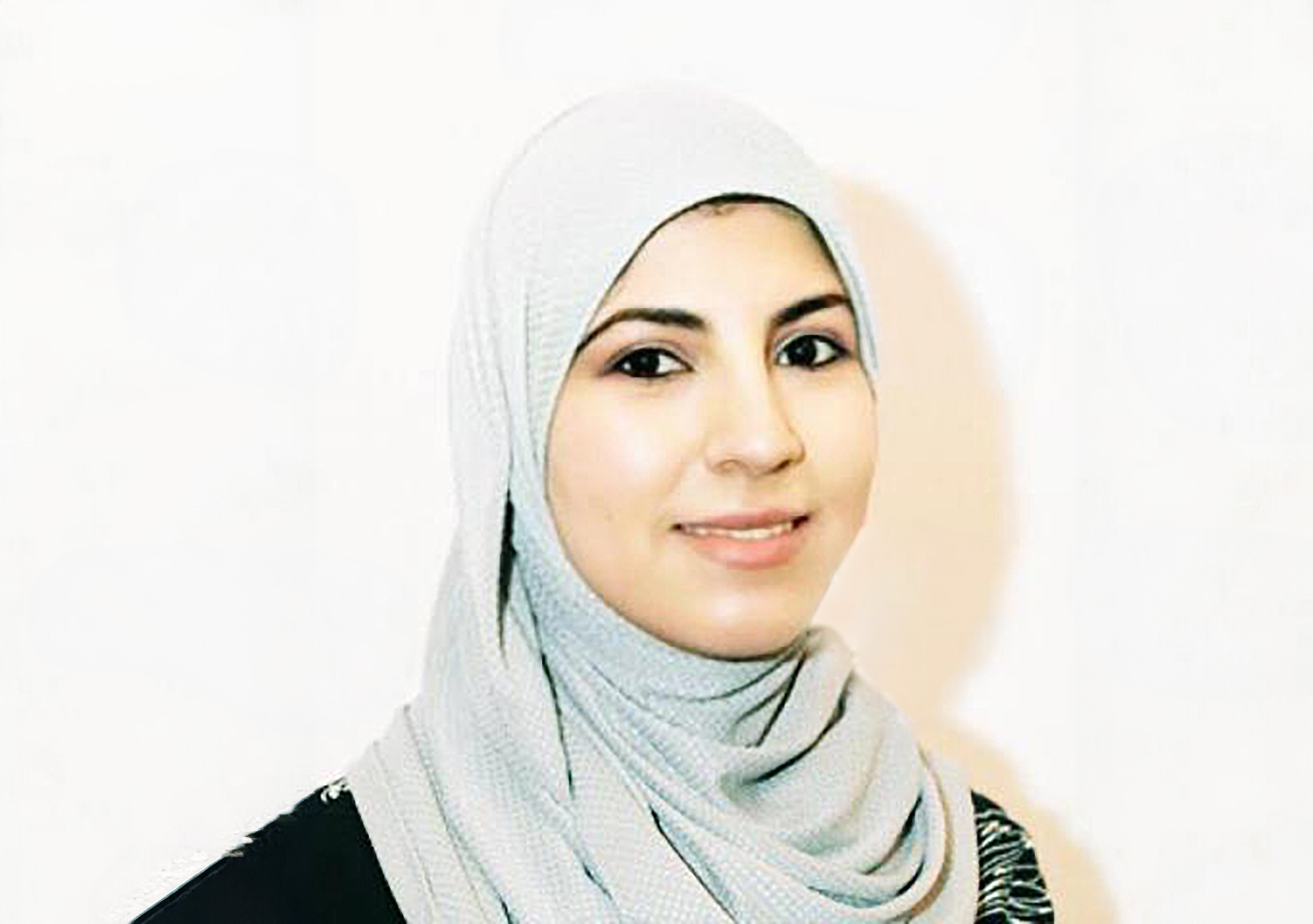By Ahmad Abdur-Rahman Al-Imam

There are just a few days left until the end of Ramadan, a month marked by fasting from dawn until sunset and abstaining from food and drink. Allah has mandated fasting during the month of Ramadan in the following verse:
“The month of Ramadan is that in which the Qur’an was revealed, a guidance to men and clear proofs of the guidance and the distinction; therefore whoever of you is present in the month, he shall fast therein, and whoever is sick or upon a journey, then (he shall fast) a (like) number of other days; Allah desires ease for you, and He does not desire for you difficulty, and (He desires) that you should complete the number and that you should exalt the greatness of Allah for His having guided you and that you may give thanks” (2:185).
Fasting in the month of Ramadan is therefore compulsory for every healthy post-pubescent Muslim of sound mind.
Ramadan is the blessed month when Allah revealed the Qur'an. It is the month when the gates of hellfire are closed, those of paradise are open, and the devils are chained up, as narrated by Abu Hurayrah (may Allah be pleased with him), that Prophet Muhammad (peace and blessings of Allah be upon him) said: “When Ramadan comes, the gates of paradise are opened and the gates of hell are closed, and the devils are put in chains.” Ramadan is a month of purity and forgiveness, reaching its pinnacle with the Night of Power (Laylatul Qadr), occurring in the last ten nights and surpassing a thousand months in worth.
Therefore, this is a period where Muslims are encouraged to strive earnestly to draw closer to Allah and seek His reward, especially through fasting.
And now, the crucial question is: How do we preserve our fast beyond Ramadan, ensuring that we attain full reward from Allah throughout the year? Is mere abstinence from food and drink enough? Or are there other acts of worship we must maintain and behaviors we must avoid to earn our full reward with Allah? We must recognize that every act of worship that was made obligatory before Ramadan (such as Salat, Zakat, observing Hijab, etc.) must persist during and after the month, just as the same applies to any voluntary acts of worship that earned us merits prior to Ramadan (Nawafil, Sadaqah, Tilawatul-Qur’an, spreading Salam, feeding the poor, kindness to animals, etc.). Hence, it is incumbent upon every wise Muslim to ponder over these questions as part of their personal reflection following Ramadan:
• Am I fulfilling the acts of worship that Allah has made obligatory for me?
• Am I trying my best to engage in the voluntary acts of worship that Allah has prescribed for me?
• Am I adhering to the teachings and guidance of the Prophet Muhammad (peace be upon him) in performing these acts of worship?
• Am I refraining from the prohibitions set by Allah for His worshippers, seeking forgiveness and sincerely repenting for any shortcomings?
Hence, it is crucial for every Muslim to put their best foot forward in upholding the values and ethics of fasting beyond the blessed month, whether by understanding practical approaches to achieve this or by observing prayers at their designated times, as Allah states:
“…Surely, Salat is a timed ordinance for the believers (4:103).” Therefore, immersing ourselves in the remembrance of Allah and seeking forgiveness for our sins and shortcomings hold paramount importance for living in constant connection with Allah throughout our lives, not merely during Ramadan. Allah says, “O my servants who have acted extravagantly against their own souls, do not despair of the mercy of Allah; surely; Allah forgives the faults altogether; surely, He is the Forgiving and Merciful (39:53).”
Moreover, reflecting on and reciting the verses of the Quran, purifying ourselves through wudhu and ghusl, showing kindness to parents, children, neighbors, orphans, and the needy, giving zakat when due, giving charity from the provisions bestowed upon us by Allah, offering sincere advice, and removing harmful things from the road—all these acts of worship are performed in the hope of earning Allah's reward throughout our lives. Consequently, we should refrain from engaging in prohibited actions such as wasting time, lying, using foul language, and so on.
Ahmad Abdur-Rahman Al-Imam is a PhD student at Hamad Bin Khalifa University’s College of Islamic Studies.
This piece has been submitted by HBKU’s Communications Directorate on behalf of its author. The thoughts and views expressed are the author’s own and do not necessarily reflect an official University stance.












